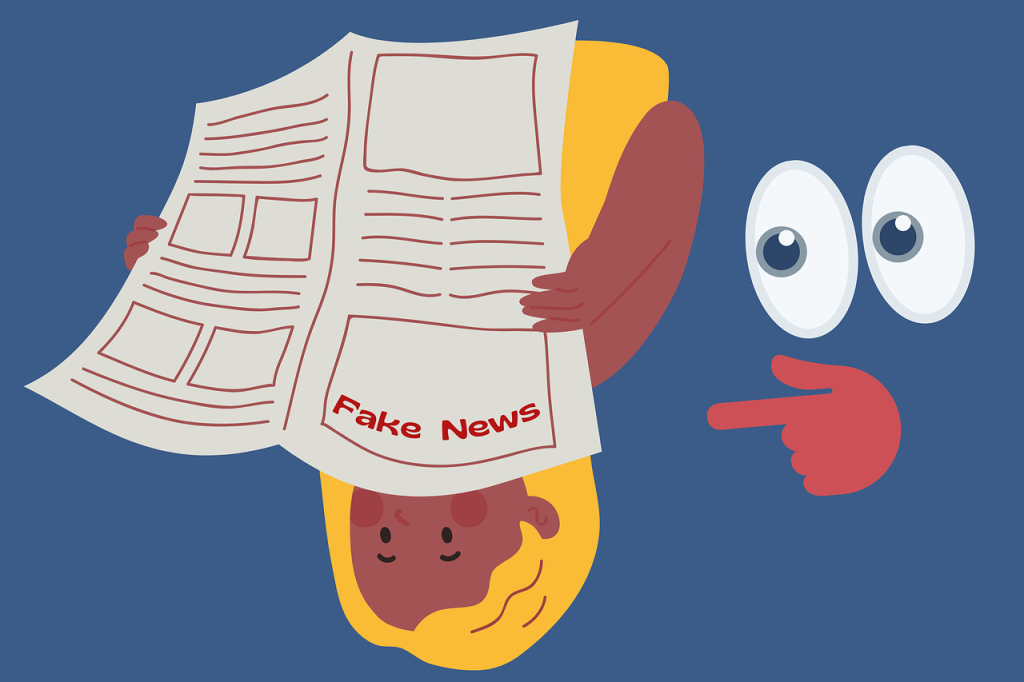
Disinformation is a growing concern in today’s society, as it can have serious consequences for individuals and organizations. Disinformation refers to false or misleading information that is spread intentionally, often with the goal of harming a person, group, or entity.
One common example of disinformation is when a person or group spreads false rumors or conspiracy theories about an individual or organization. These rumors can be spread through social media, blogs, or other online platforms, and can cause significant damage to the reputation of the person or group being targeted.
Another form of disinformation is when a person or group deliberately distorts the truth in order to advance their own agenda. This can be seen in the use of propaganda, which is a type of information that is meant to persuade or influence people’s beliefs and actions.
Disinformation can also be spread through “fake news,” which refers to false or misleading news stories that are spread online. Fake news can be created by individuals or organizations and is often designed to look like legitimate news in order to deceive people.
The spread of disinformation can have serious consequences, as it can lead to public mistrust and confusion. It can also harm the reputation of individuals and organizations, and can even lead to violence or other harmful actions.
To combat disinformation, it is important for people to fact-check information before they share it and to be cautious of sources that they get their information from. It is also important for organizations and individuals to be transparent and to quickly correct any false or misleading information that is spread about them.
Overall, it is crucial for society to be vigilant against disinformation, as it can have far-reaching and negative consequences.